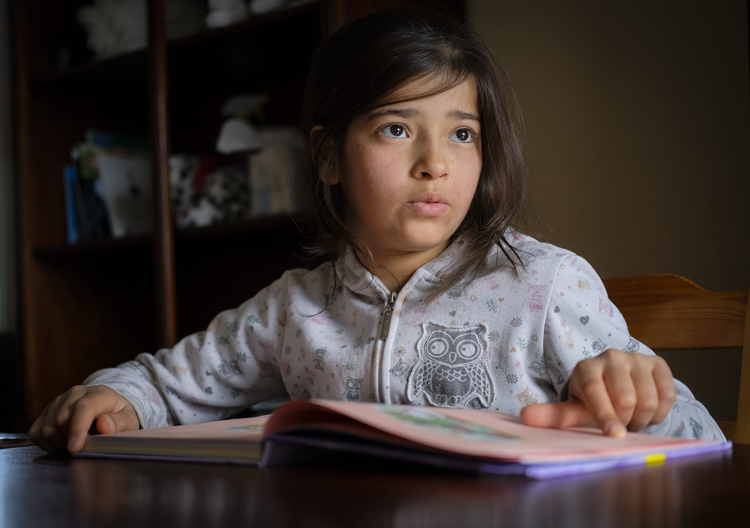Canada places 15th among industrialized countries in accepting refugees, data released Monday shows.

The 14 countries that have accepted more refugees than Canada include all Scandinavian countries, most major European countries and the United States.
The data, which covered the 12 months between May of 2015 and April of 2016, was published by the Organization for Economic Cooperation and Development.
When you look at countries taking in refugees per capita, Canada drops to 20th place. Canada has taken about one refugee for every 2,000 people, compared to 30 in Sweden, 20 in Austria, or about a dozen in Germany, Finland or Norway.
READ MORE: Justin Trudeau tells UN Canada not done helping Syrian refugees
(Considered on a per capita basis, however, Canada has accepted roughly as many refugees as Australia, Ireland, Britain and the United States.)

The largest group of asylum seekers tracked by the OECD is from Syria, followed by Iraq and Afghanistan.
WATCH: Syrian government forces have been accused of a chlorine gas attack in the Syrian city of Aleppo that has suffocated dozens of people. Yiming Woo reports.

- ‘Shock and disbelief’ after Manitoba school trustee’s Indigenous comments
- ‘Super lice’ are becoming more resistant to chemical shampoos. What to use instead
- Is home ownership only for the rich now? 80% say yes in new poll
- Invasive strep: ‘Don’t wait’ to seek care, N.S. woman warns on long road to recovery
Speaking at the United Nations yesterday, Prime Minister Justin Trudeau said that Canada has taken in almost 31,000 Syrian refugees since last year.
Delays in screening refugee applicants have left would-be sponsors with a wrenching choice between waiting for the specific families that they had originally planned to help and others that were approved to come to Canada.
The failed coup attempt in Turkey in July is expected to slow the flow of Syrian refugees to Canada. Slowness in getting Turkey to issue exit permits for Syrian refugees there had been a major block to them coming to Canada.
With thousands of officials suspected of disloyalty to the government being fired, jailed or exiled, delays are expected to worsen.
(In August, Turkey released 38,000 criminal inmates to make room for all the people it planned to imprison in the aftermath of the coup.)
On Tuesday in New York at the United Nations, federal Immigration Minister John McCallum says at least 13 countries have asked about Canada’s private refugee-sponsoring system in the hope of possibly doing the same.
Full speech: PM Justin Trudeau discusses Canada’s role on resettling refugees

McCallum says the United Kingdom is one of several countries looking at a similar program where private citizens provide funding to bring in refugees and help them get set up in their new home.
He commented at the UN ahead of a planned announcement today regarding an initiative on private refugee sponsorships in conjunction with the world body and billionaire George Soros.
Canada’s program was developed under the Pierre Trudeau and Joe Clark governments of the 1970’s in response to a wave of migration from Vietnam.
It has gained new attention amid the wide-ranging effects of Syria’s five-year civil war, with other countries now developing similar systems.
McCallum notes Australia began testing a similar model in 2013, and Germany has also followed suit, and if countries can enlist citizens to sponsor refugees and help them get started in a new home, “you’re miles ahead.”
Under the government plan to resettle 25,000 Syrians by early this year, nearly 9,000 were privately sponsored and another 2,000 were sponsored by a program that blends private and government support.
With files from the Canadian Press


Comments